India is already witnessing significant changes in healthcare delivery and electronic patient record management. Fast changes are taking place in private as well as government sector. Even though there is a lot of scope for improvement, the role of an emerging India in shaping the future of cancer research and development is a strong possibility.
In our recent visit to India, we were thrilled to see the enthusiasm amongst Indian cancer research institutes and professionals towards cancer data science research. We are committed to making the project “YouDiagnose” as one of the biggest and significant data science research projects in the history of cancer research.
YouDiagnose is an application for the masses and I see an immense potential in its use. As mobile penetration increases every passing day, it is a good time to adopt novel ways in diagnosis and delivery of healthcare. I believe this application is going to help hundreds and thousands of patients by redefining the standards of healthcare and its delivery. The patient-centred care plan is the need of the hour as it facilitates explaining all aspects of the disease to the patient and saves time. As affordability and patient expectations increase, it is time that we adopt data-driven accuracy in patient communication. Humans will always be needed, and there is no question of the machine replacing humans when it comes to decision-making, validating decisions and sharing those decisions with the patient. I strongly believe that no matter how advanced our machines may get, patients will always need human beings for empathy, compassion and validation.
History-taking, diagnosis and prognosis segments of the YouDiagnose application are going to be well-received by the patients. This application will be very useful in Tier 2 cities of India where there is a lack of top medical expertise, which is otherwise easily found in the metropolitan cities or tier 1 cities. Given the varying standards of practice in India, it should be introduced in a phased manner to ensure a smooth transition from the current practice to a data science-driven medical practice.
Multidisciplinary team decision-making is somehow lagging behind in the Indian practice of medicine and cancer diagnosis. Therefore, introduction of data and technology such as this will have a massive implication in standardising the practice and also bring evidence-based element into the diagnosis and treatment of cancer patients. This application will also provide a unique opportunity to understand and validate some of the studies and concepts that have been investigated and researched in the Western environment, which may have varied applicability in the Asian or Indian environment.
Having worked at medical institutes in both United Kingdom & India, I clearly see that there is a dire need of a standardised process for diagnosis and treatment. I expect resistance in its adoption, but also believe this will be a way forward in mitigating the inconsistencies in the healthcare practice and delivery. Stakeholder engagement would be the key to success.
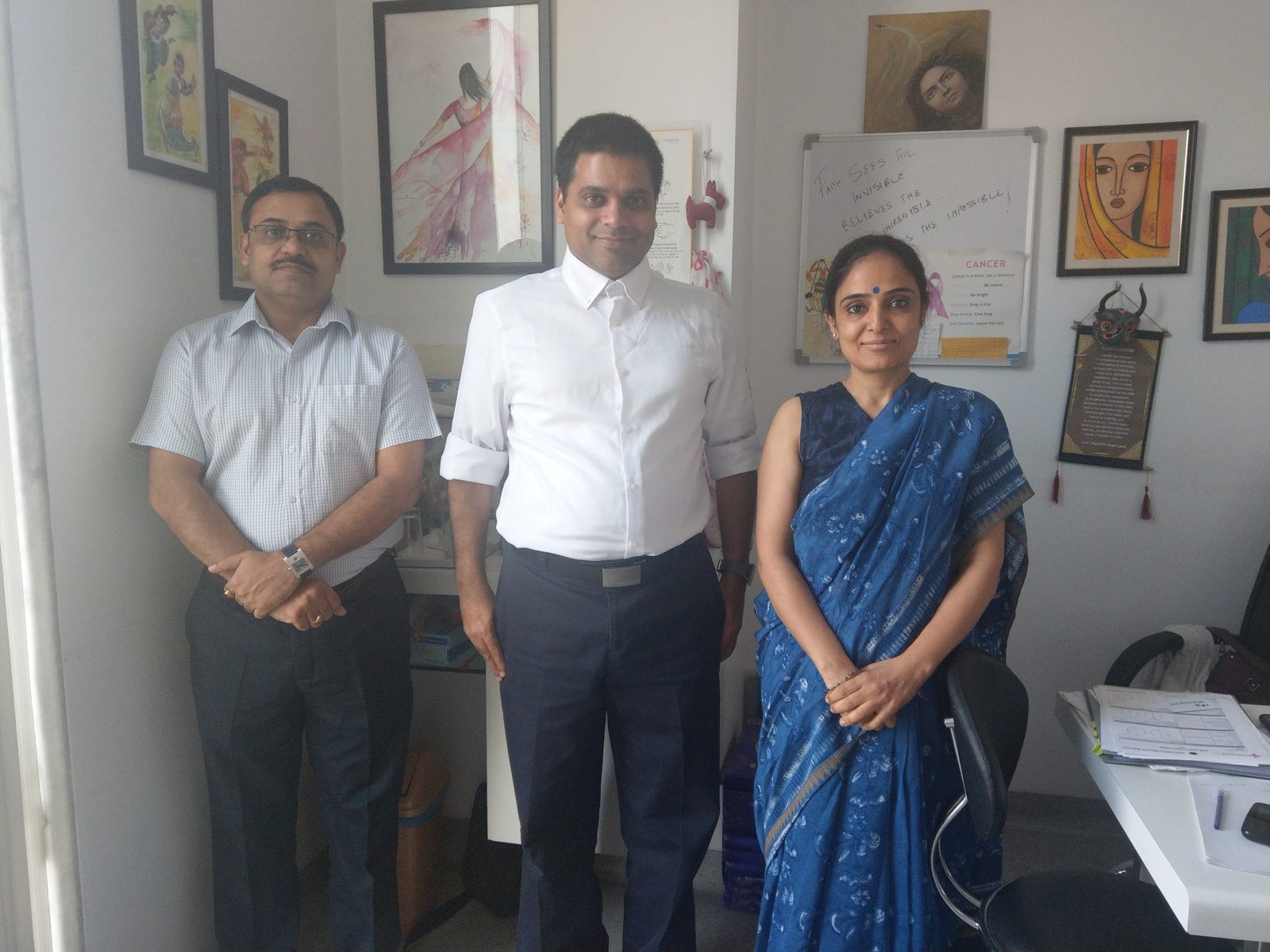
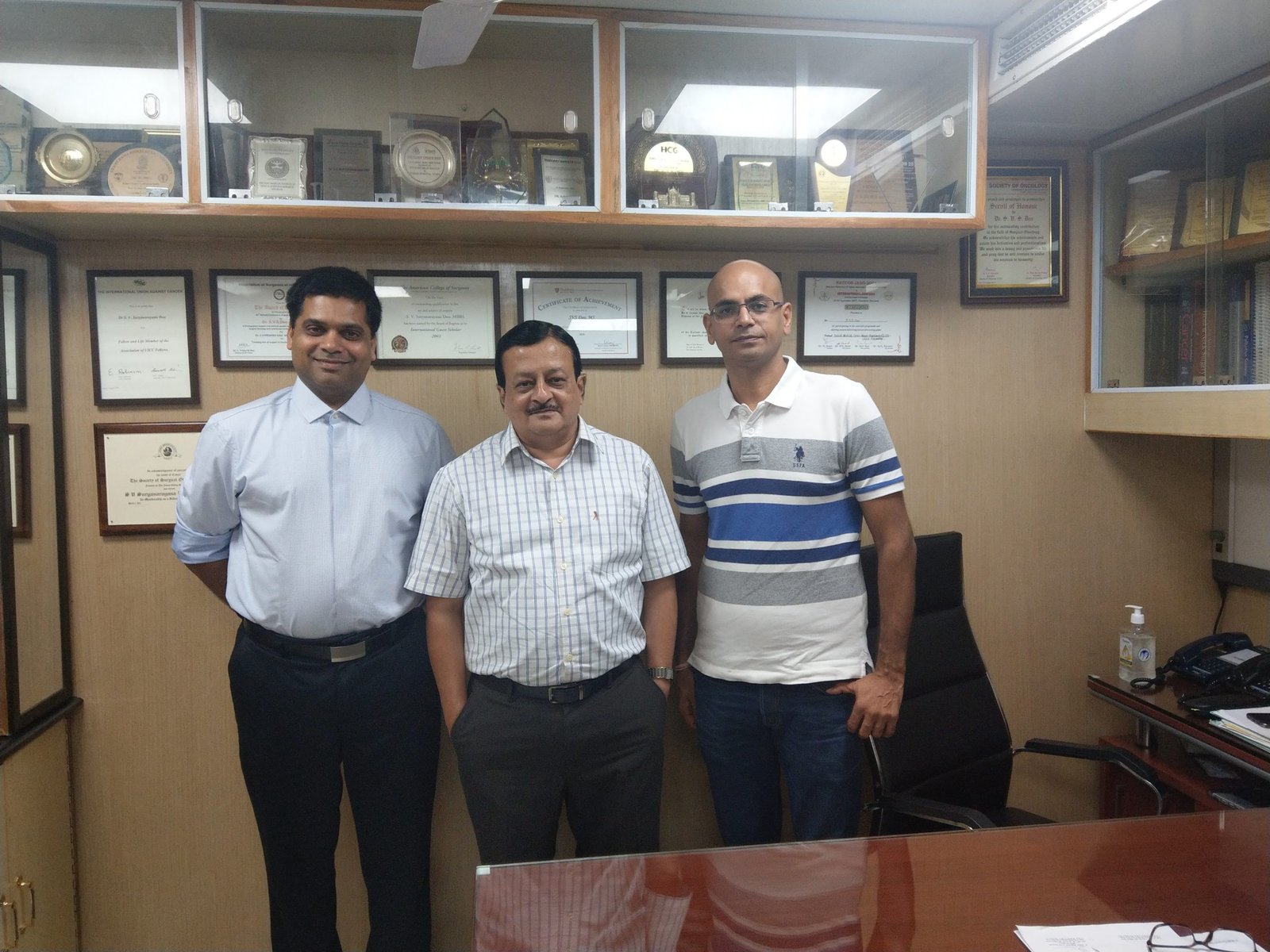
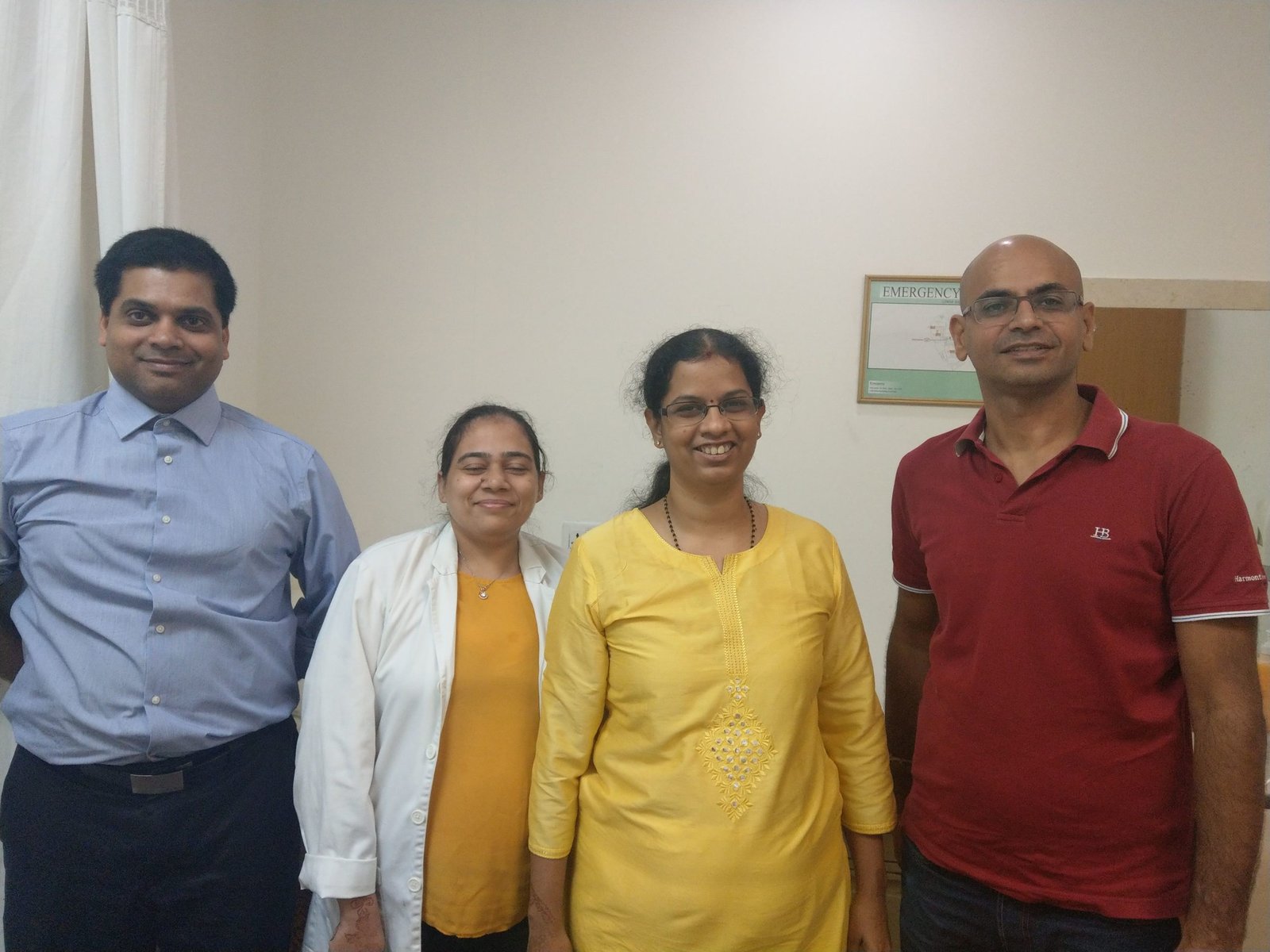
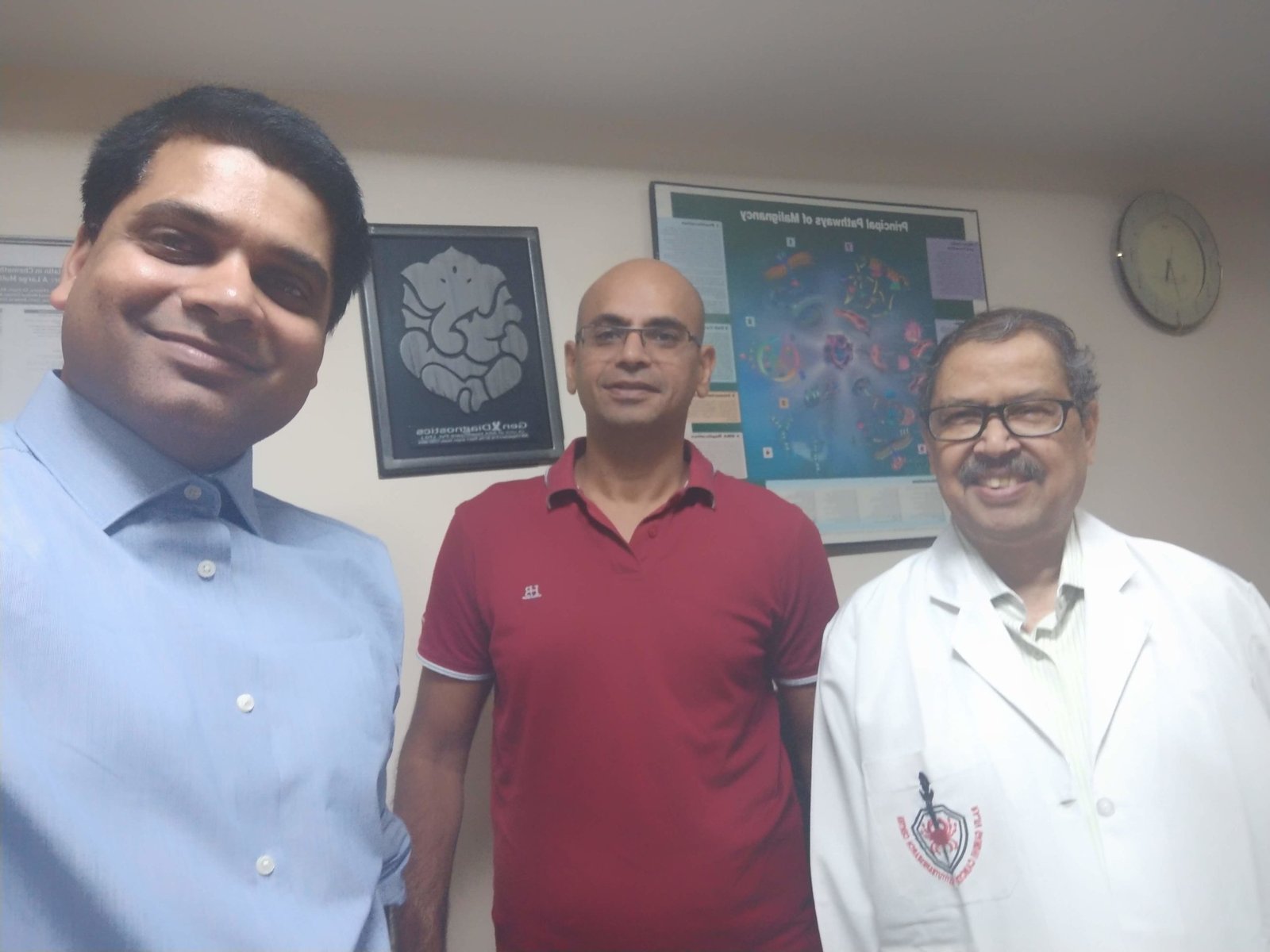
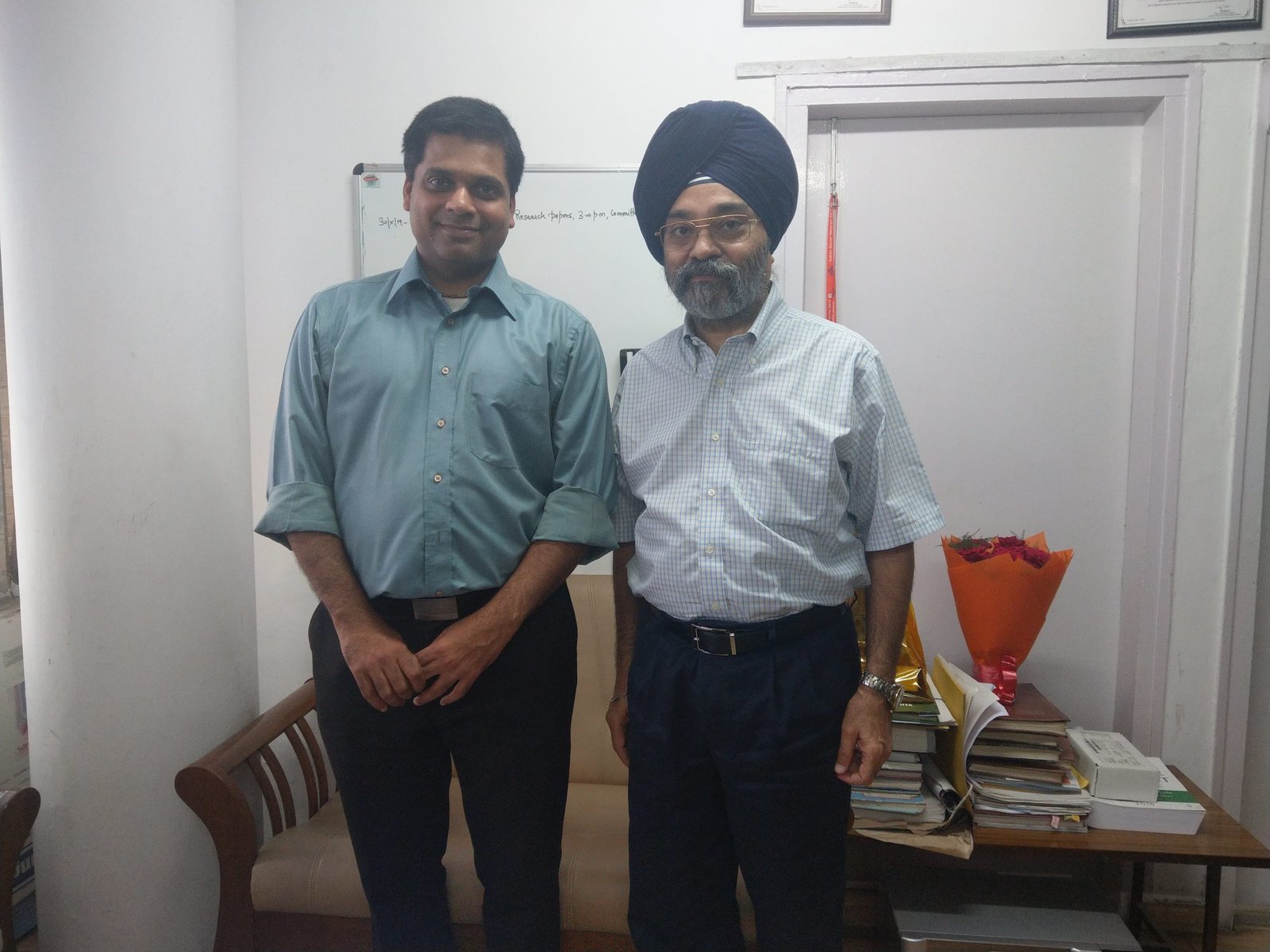
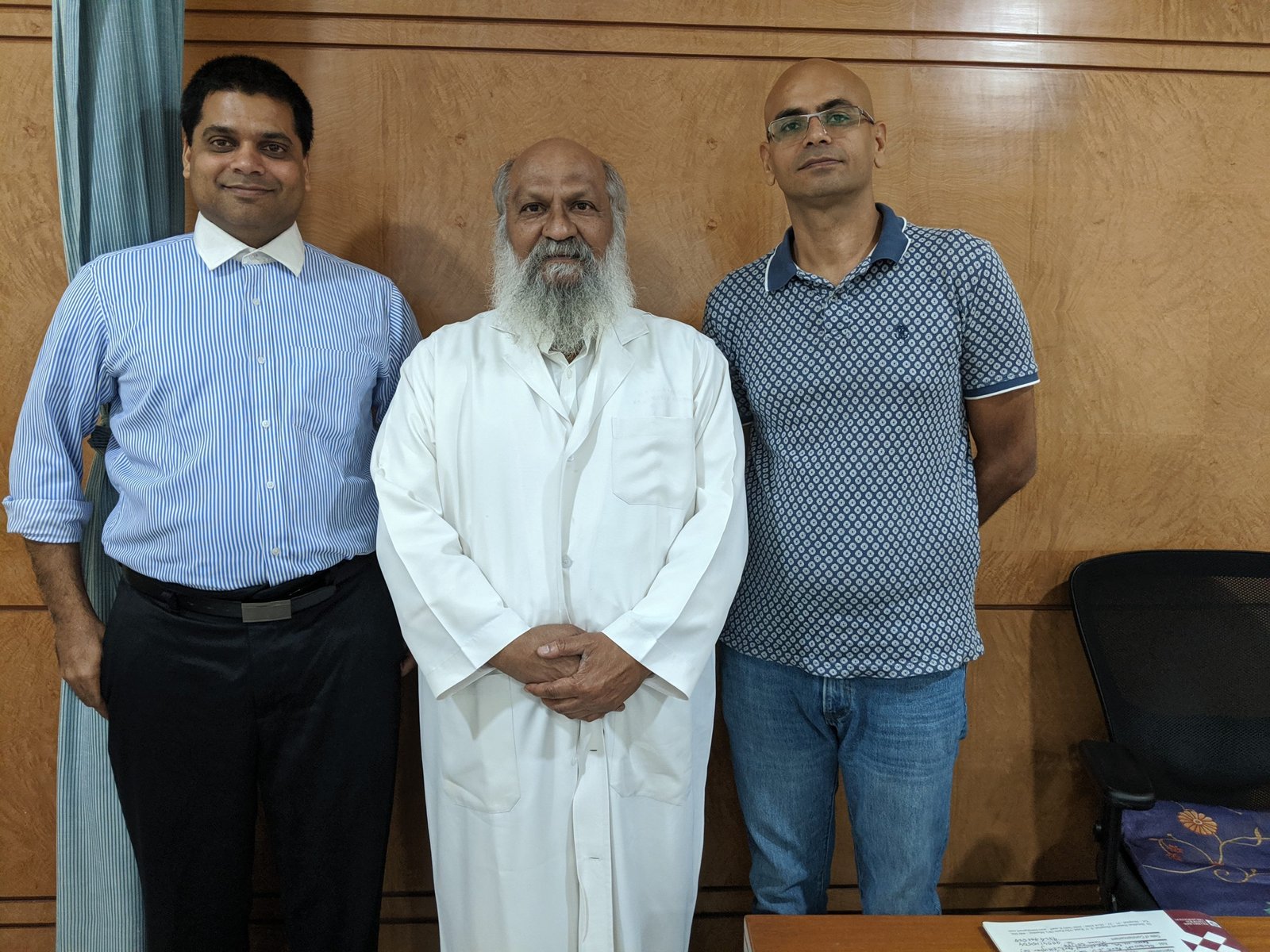
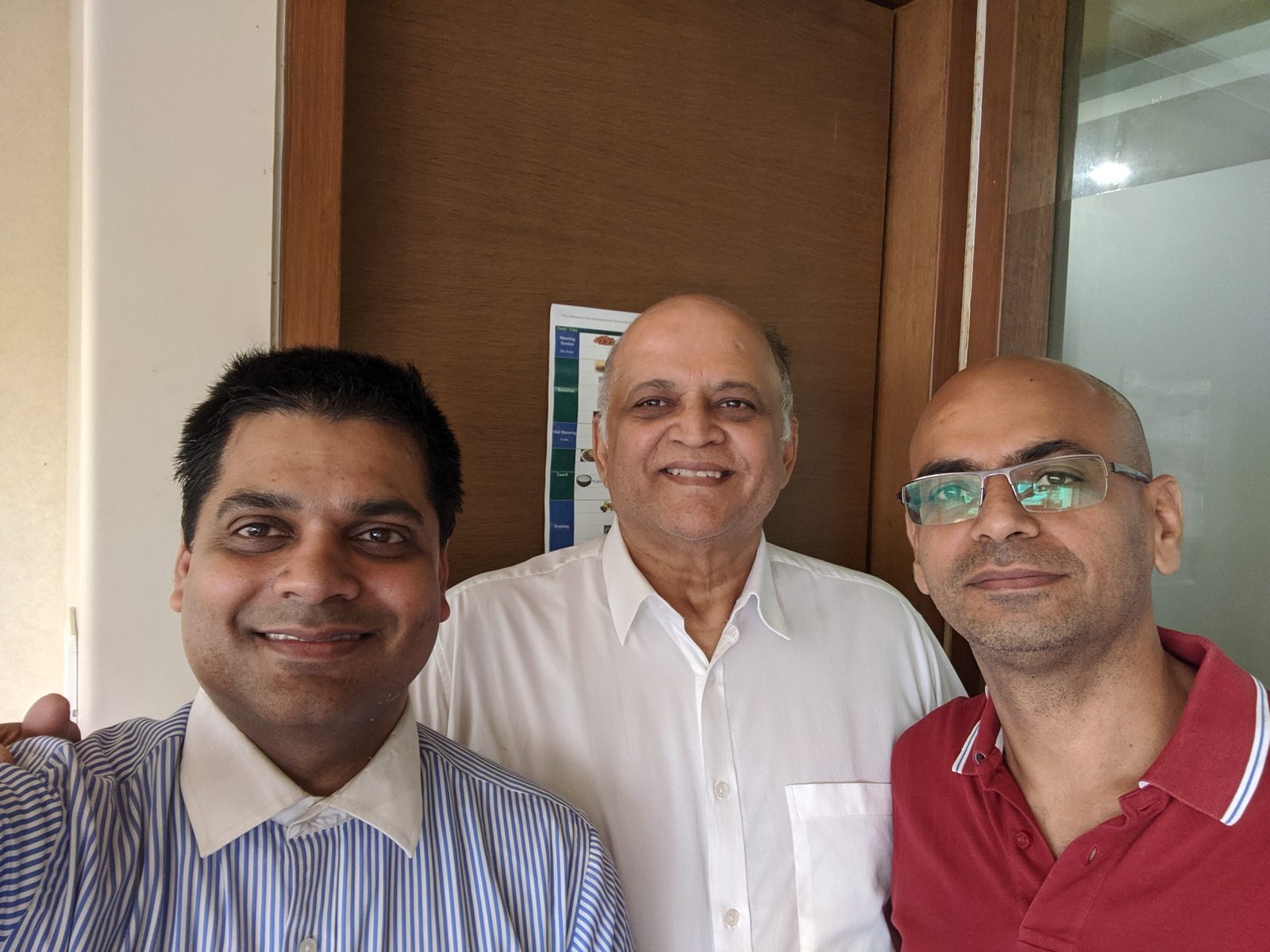
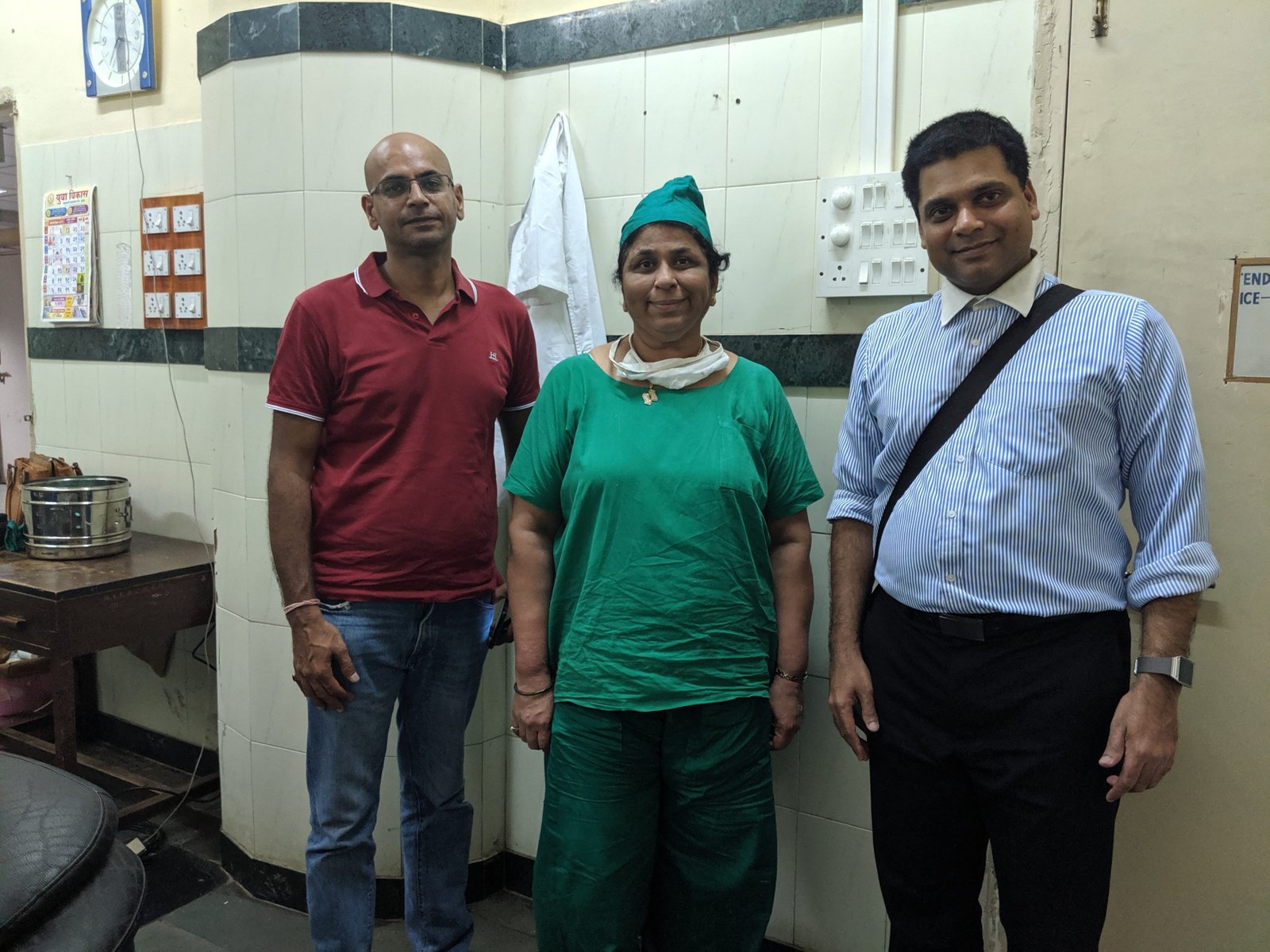
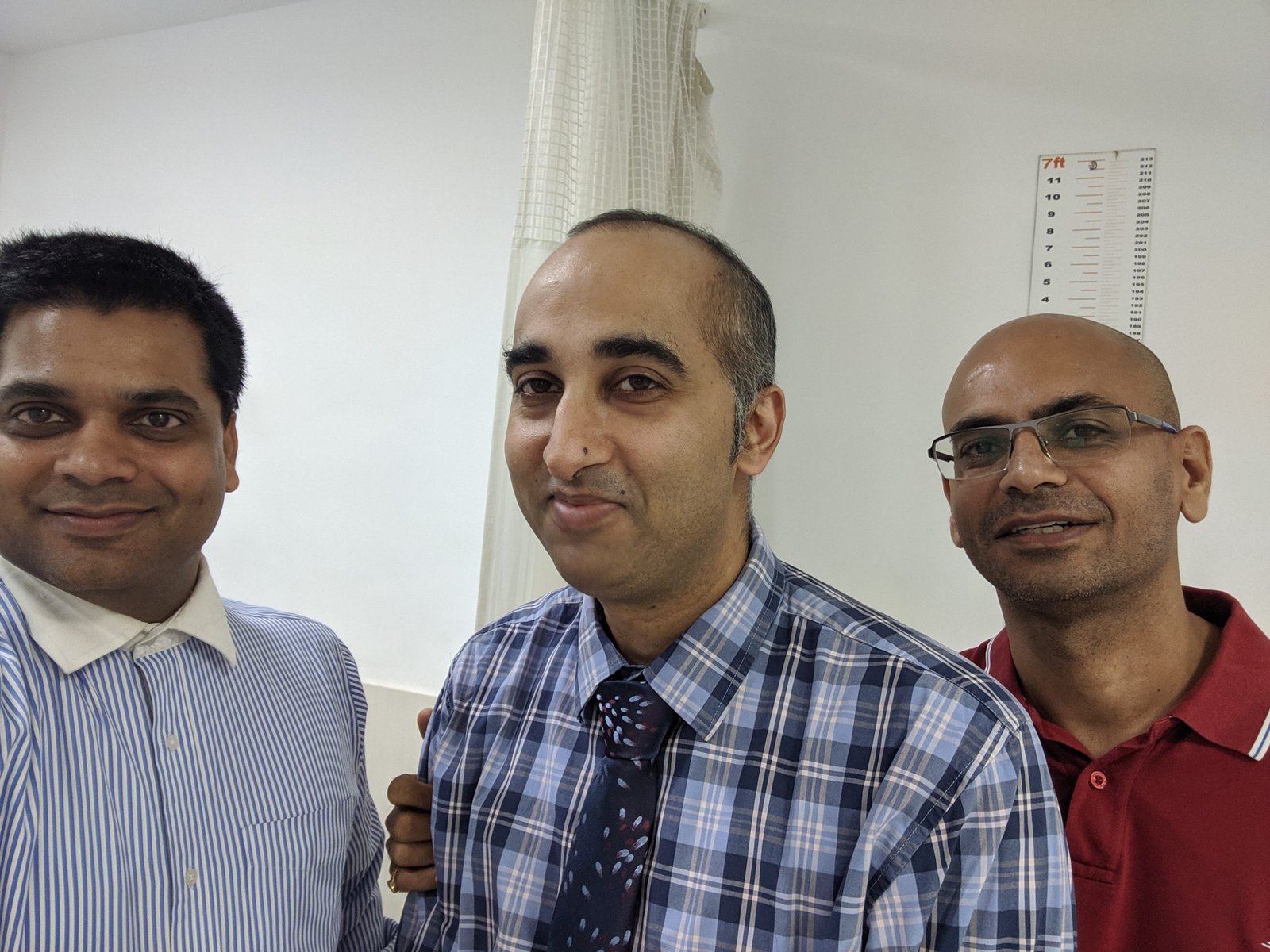
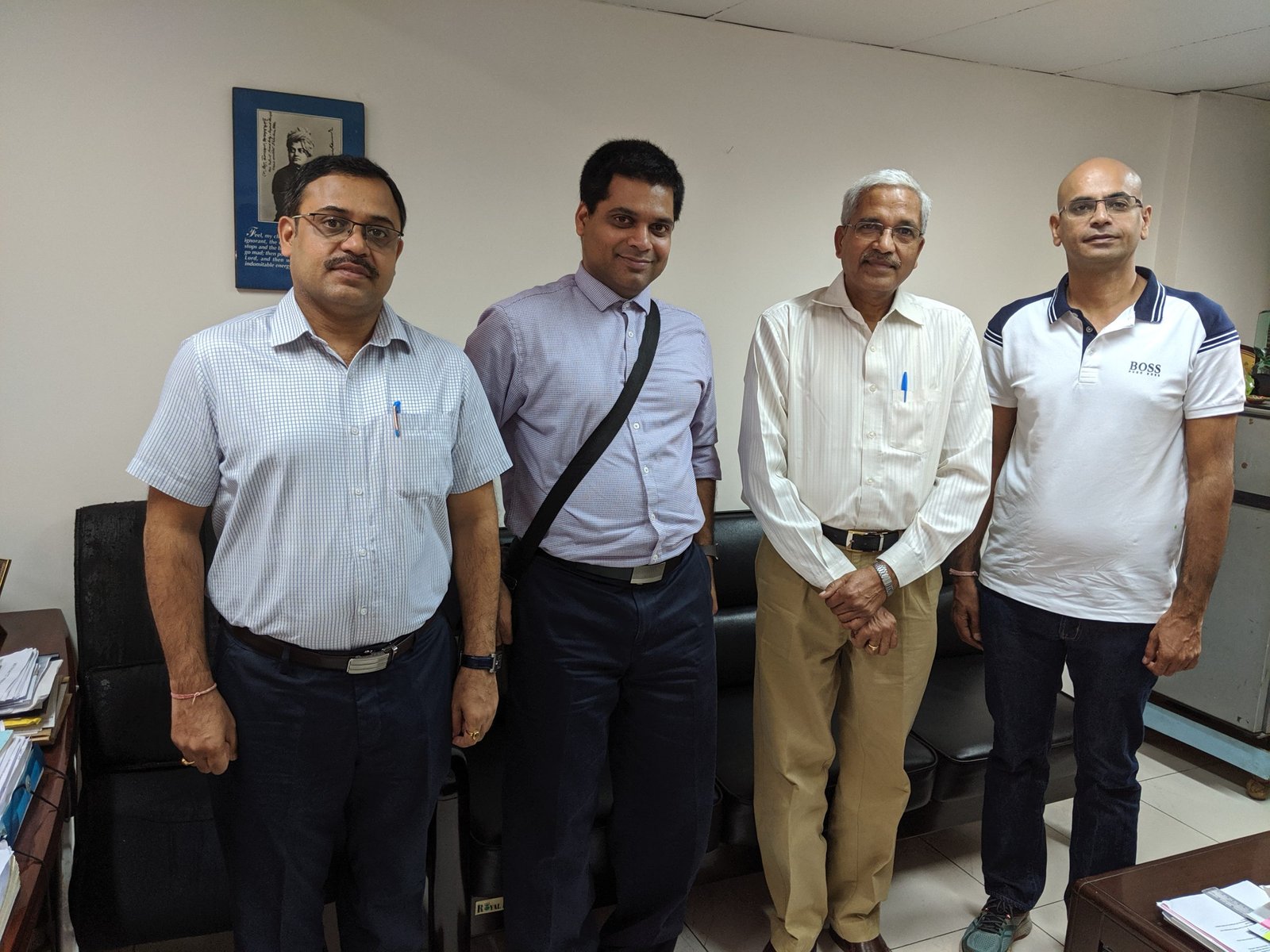
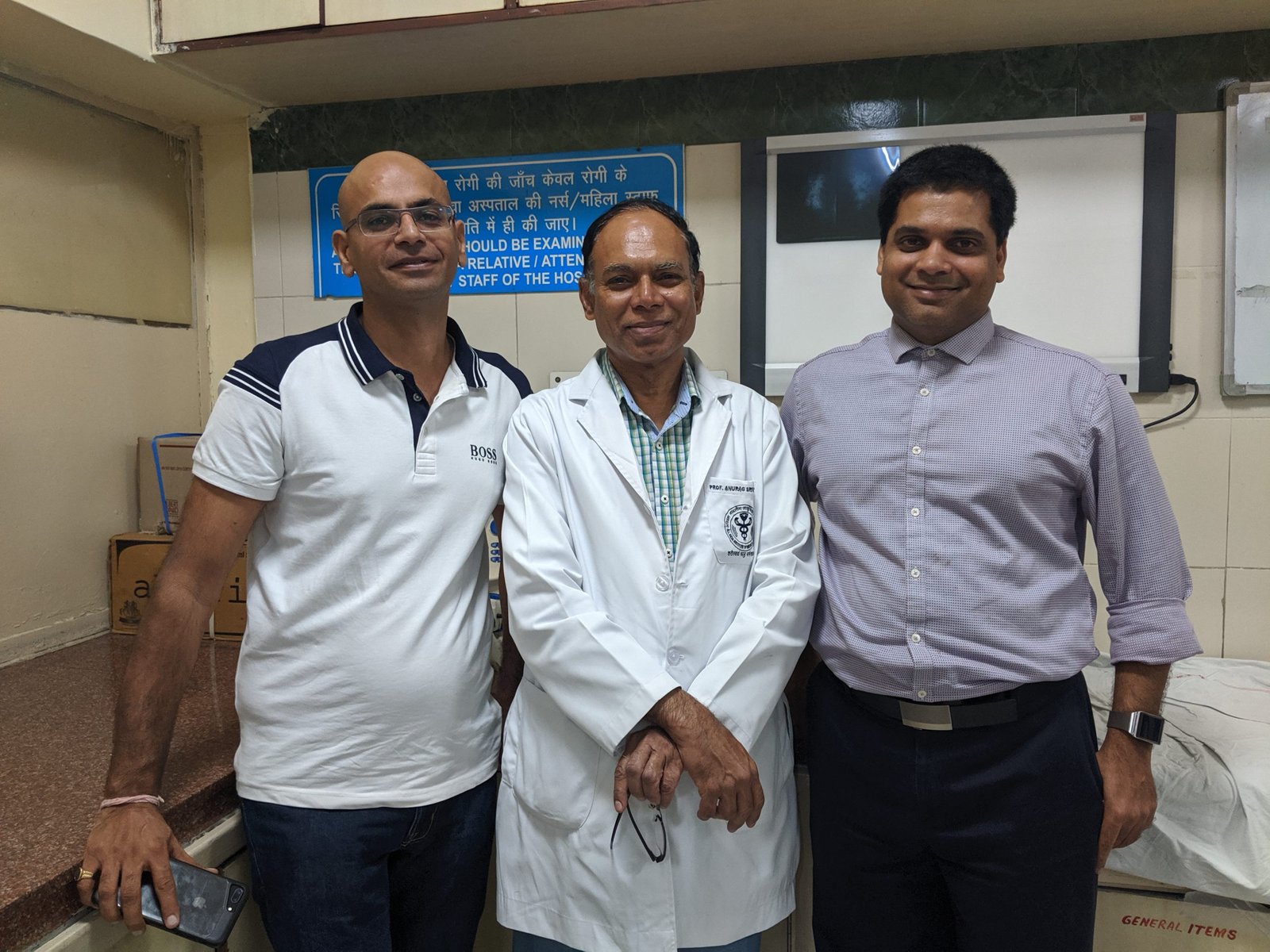

Cancer care is improving but care plans are still lagging.
The results of the 2019 National Cancer Patient Experience Survey, published in June 2020 suggest that the vast majority of people living with and beyond cancer rated their overall NHS care highly but also revealed that tens of thousands were still not receiving...

The alarming doctor exodus.
Doctors go to work every day simply wanting to help people. But being a doctor is far from easy in today’s world. The busy and complex environment of the UK healthcare system is slowly eroding the quality of patient care. The increasingly litigious minefields and...

How AI will Humanise the Medical Consultation of the Future.
We can probably all relate an example of a medical consultation where the clinician was in a hurry and we felt rushed and uncertain as to whether they had taken into account all our symptoms, situation, concerns. A situation as frustrating for the clinician as the...

A Thriving Team YouDiagnose
“If you want to go fast, go alone. If you want to go far, go together.” - African Proverb Founders Dr. Aswini Misro – Founder and Lead – Domain Expert – Clinical Artificial Intelligence & Clinical Machine Learning. Dr. Sandeep Gambhir – Co-Founder – Healthcare...

Red Flag Symptoms – The Ticking Timebomb
A red flag symptom is like the built-in siren of the body. Just as an emergency alarm indicates the need for an action plan for a house on fire, such as an emergency evacuation procedure for the occupant of the house - one cannot similarly live in self-denial or...

Devastating impact of delayed cancer diagnosis – Lessons from a true story.
The delayed diagnosis can disastrous in terms of survival and quality of life; The heart-rending story of Beth speaks everything for itself. Over the past decade, cancer mortality rates have decreased dramatically across the board, as the one-year, five-year and...

Can NHS be the ‘GOOGLE’ in Clinical Artificial Intelligence?
Watford, Hertfordshire – We are pleased to inform you that there was a conference of London Artificial Intelligence Group on clinical artificial intelligence at Watford, Hertfordshire on the 19th May 2019. About 60 delegates from seven countries participated in the...

Survey in Kenya, Africa
Cancer has been declared by the World Health Organization as the leading cause of global morbidity. Low- to middle-income countries are bearing the brunt of that burden, with more than 70 per cent of cancer deaths happen in developing countries. The most glaring area...

Medical Malpractice – How to Keep Yourself Out of Trouble? Book Release Function – March 2019, London.
The delayed diagnosis can disastrous in terms of survival and quality of life; The heart-rending story of Beth speaks everything for itself. I was humbled by a magnanimous and attentive audience of more than 100 people who cheered during the book release function...